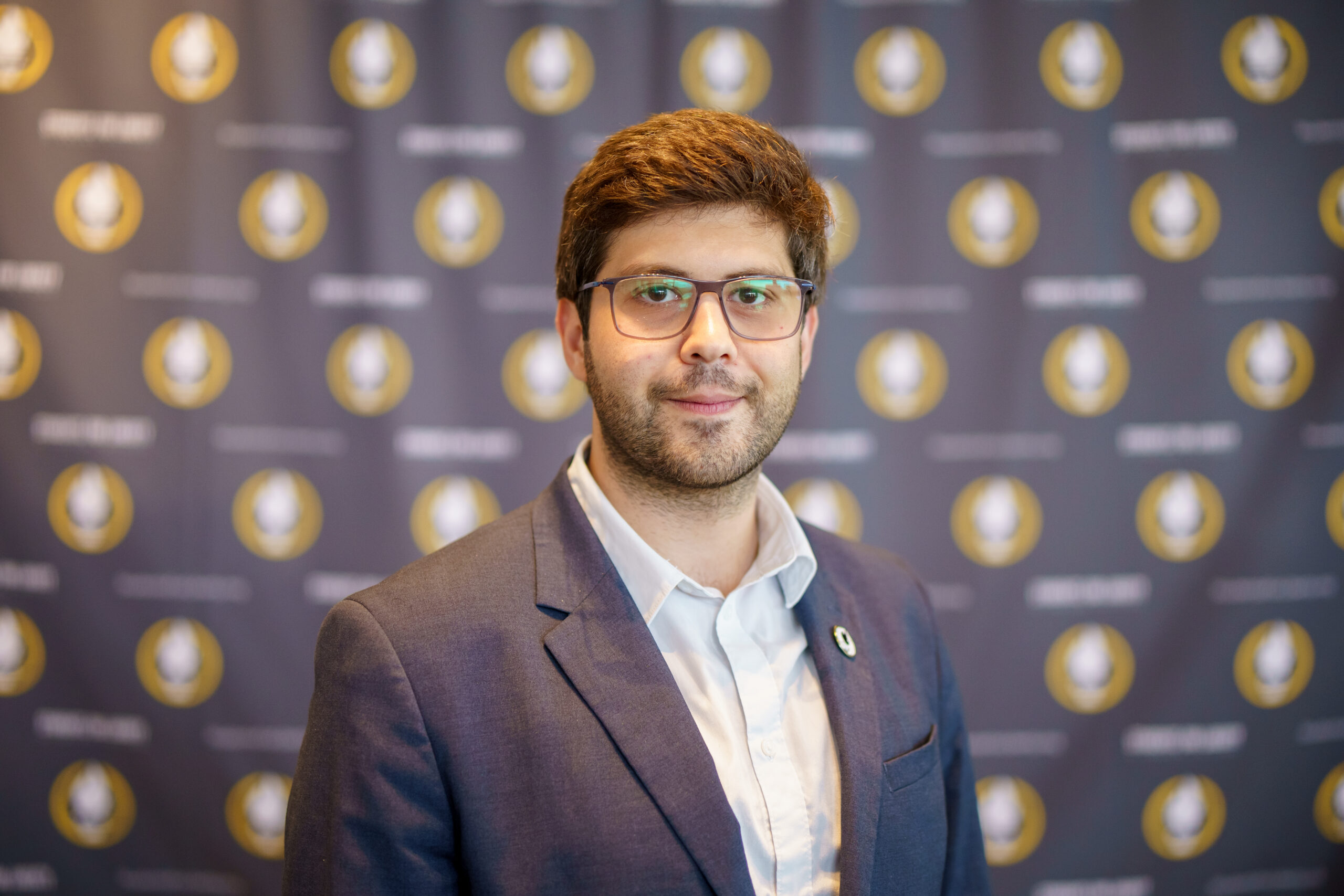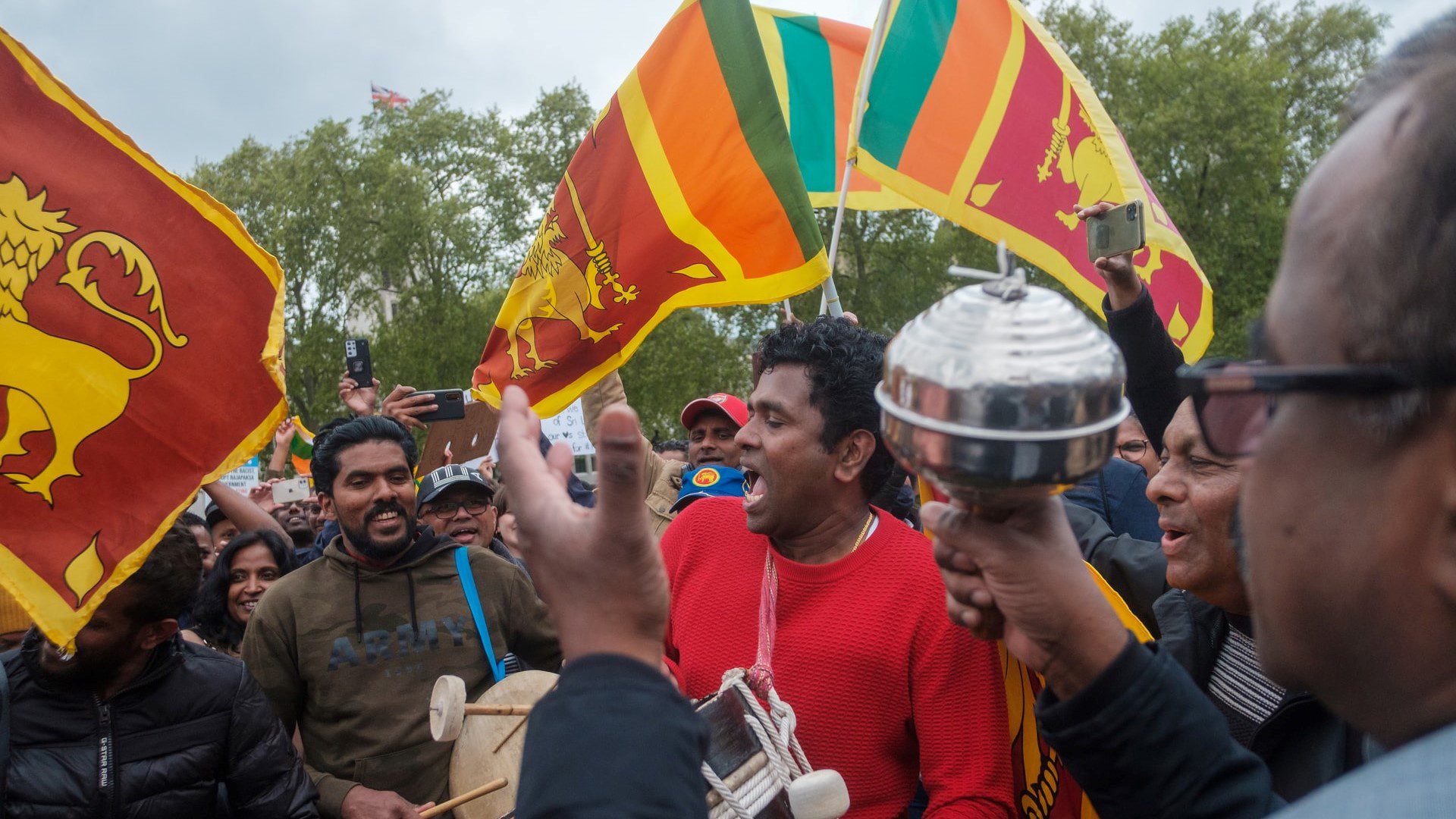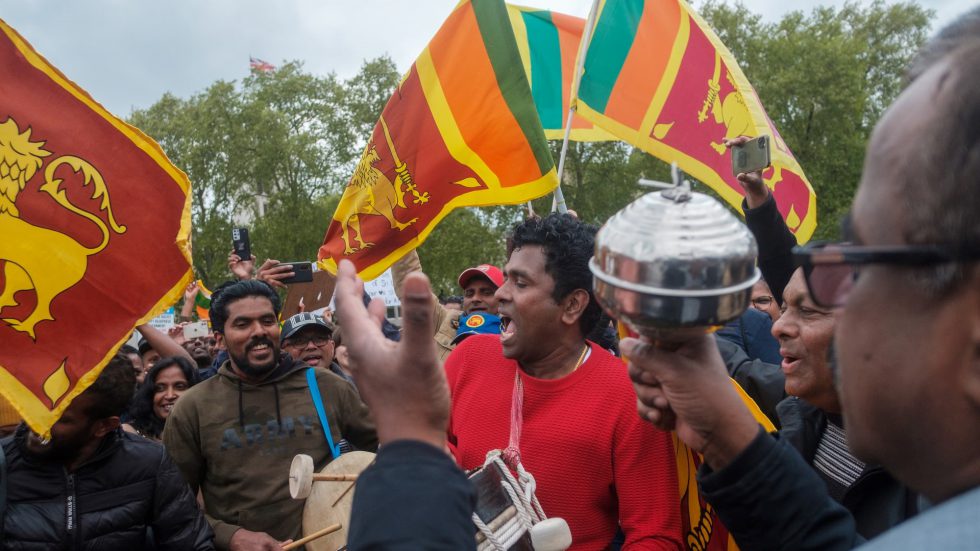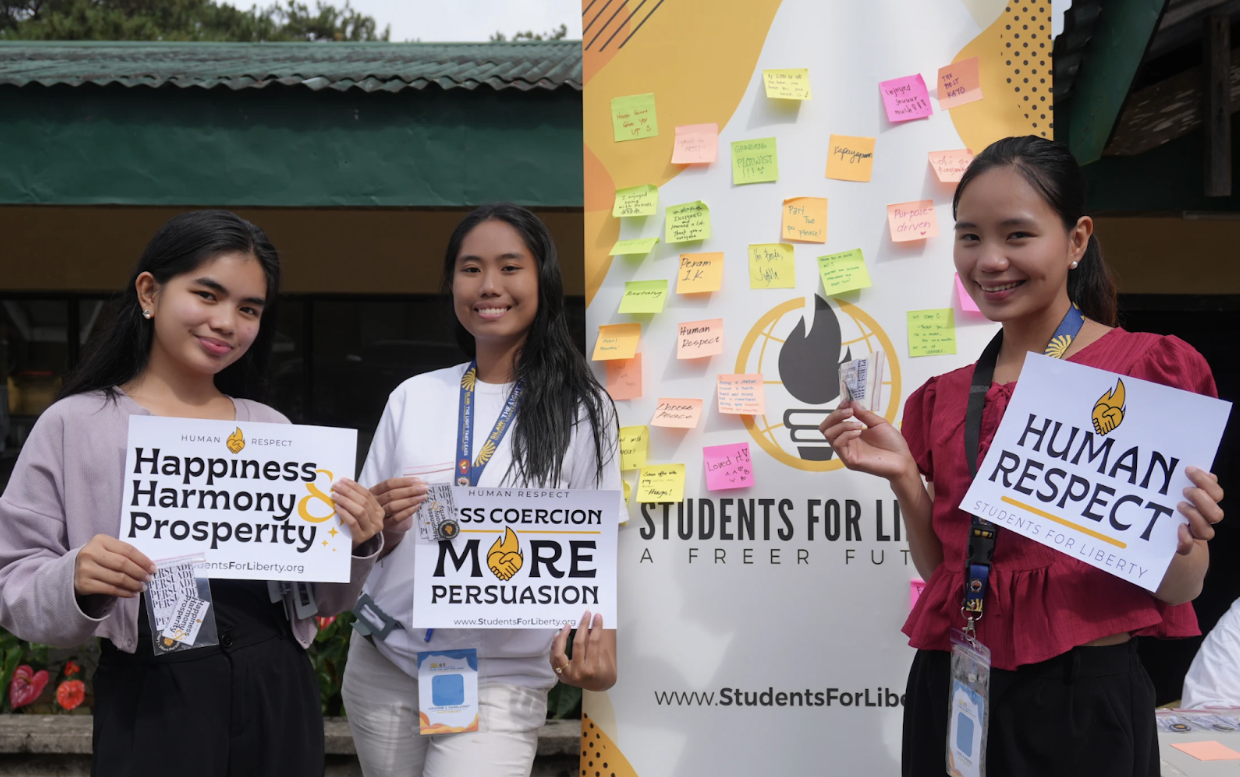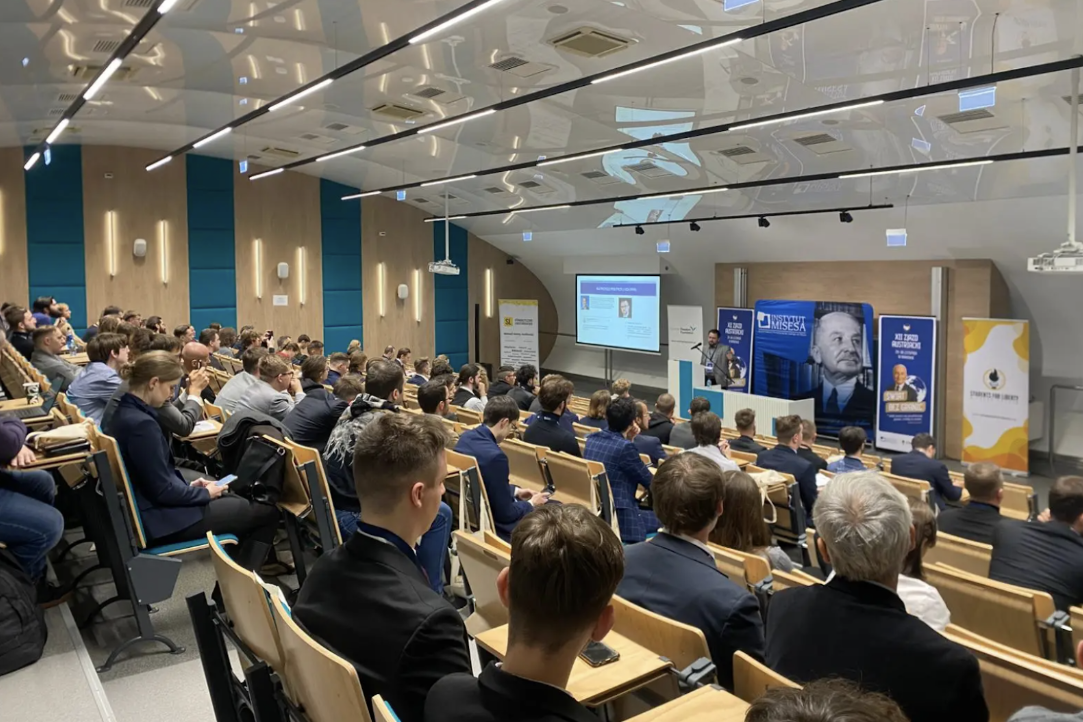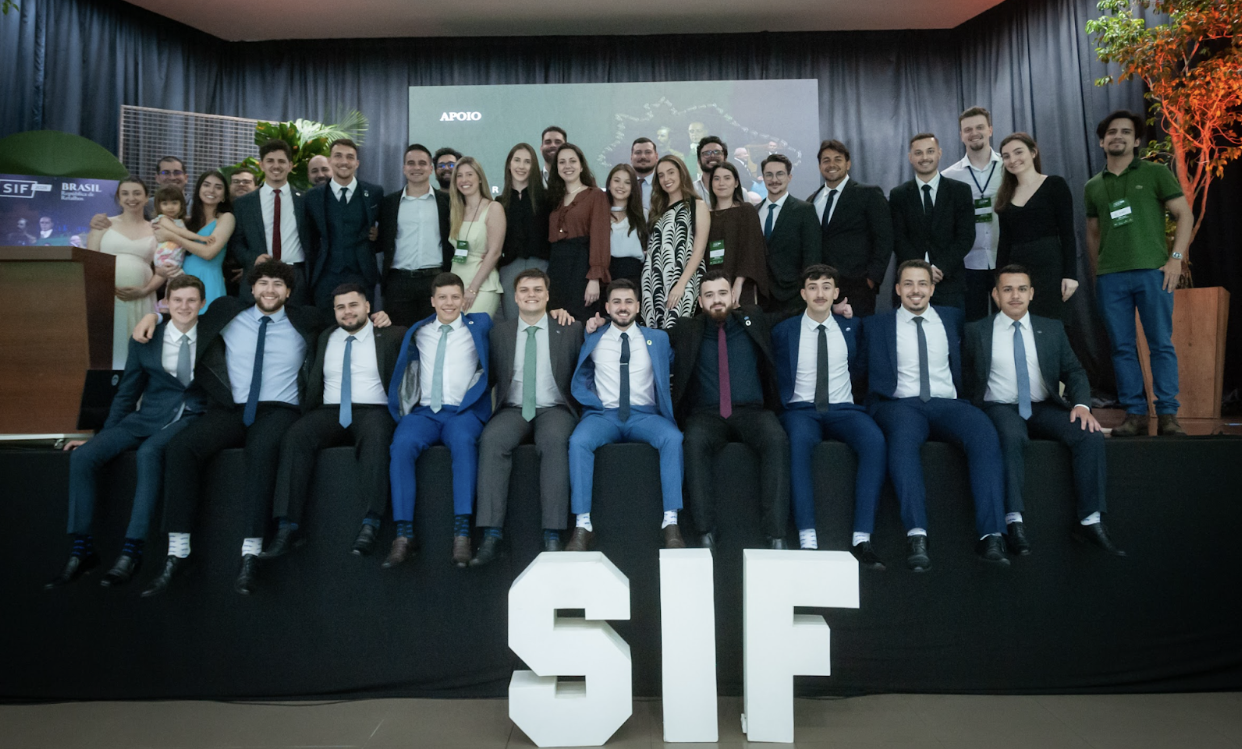From 1975 to 1979, the United States started funding the Indonesian Invasion of East Timor. Even though the topic is rarely discussed today, this was one of the worst genocides of the latter half of the 20th century.
US funded genocide against Timorese people
With the financial backing of the United States, Indonesia brutally killed hundreds of thousands and moved the rest of the population into camps. However, the story does not end there. The occupation and genocide committed against the Timorese people persisted for decades. The United States funded it every year from the Ford Administration until the Clinton Administration. Unfortunately, we have yet to completely learn from our mistakes.
From Ford to Clinton: how it all started
The Ford Administration aided Suharto, the villain behind the genocide, in 1975, by providing about $65 million. By 1978, the Carter Administration increased this aid to $127 million and by 1986, under Reagan, it peaked at $311 million. Despite The New York Times and other outlets outside the United States reporting on the human rights violations, Reagan hosted Suharto at the White House in 1982 and Suharto hosted Reagan in Jukarto in 1986.
Bill Clinton’s approach was even more reprehensible than those of previous presidents on this issue. According to a declassified congressional report, in 1993 the Senate proposed an amendment to fund Indonesia only on the condition that military presence in East Timor was reduced.
They pushed for the same amendment in 1994 and 1995, but the Clinton Administration opposed it both times. Instead, Clinton agreed to give Suharto nine F-16 fighter jets in 1996.
Eventually, Clinton postponed the sale due to pressure from Congress and a riot in Indonesia’s capital. Suharto cancelled the deal in June of 1997 due to “wholly unjustified criticisms in the United States Congress against Indonesia. . . .”
The resignation of Suharto
Suharto was forced to resign after an economic crisis in his country in 1998, so the United Nations finally decided to host a referendum to decide on the independence of East Timor in 1999. Clinton proudly took to the podium and announced that he would dedicate 200 peacekeeping troops to ensure the liberation of East Timor. After contributing to their oppression, Clinton took credit for the Timorese people’s freedom.
From East Timor to Yemen: when will we learn our lesson?
Going forward, as citizens of the world, we need to make sure that our representatives are not allowed to get away with such immoral abuses. There are many more cases like East Timor, and just because the atrocities there have ended does not mean that similar actions are not happening again elsewhere.
We did it with East Timor, and now we’re doing it with Yemen. The United States provides arms and fuel to Saudi Arabia, which then commits atrocities in Yemen, where millions of people are starving to death. As Daniel Larison put it, “This is one of the largest crimes against humanity in recent times, but because its perpetrators are called “allies” and our governments are implicated in making it possible, it still generates remarkably little outrage or opposition in the West.”
A history of war-mongers
Those responsible must be held accountable. Unfortunately, many of those complicit in atrocities committed around the world continue to be held in high regard, as is the case with Clinton.
Influenced by war-mongers, the United States government continues to carry a responsibility for the crimes it enables. Therefore, it is imperative that we pay attention now more than ever.
To read more about human rights, be sure to check out our cluster page by clicking on the link below.
Written by Dominick Mellusi
Edited by Russell Coates
This piece solely expresses the opinion of the author and not necessarily the organization as a whole. Students For Liberty is committed to facilitating a broad dialogue for liberty, representing a variety of opinions.
